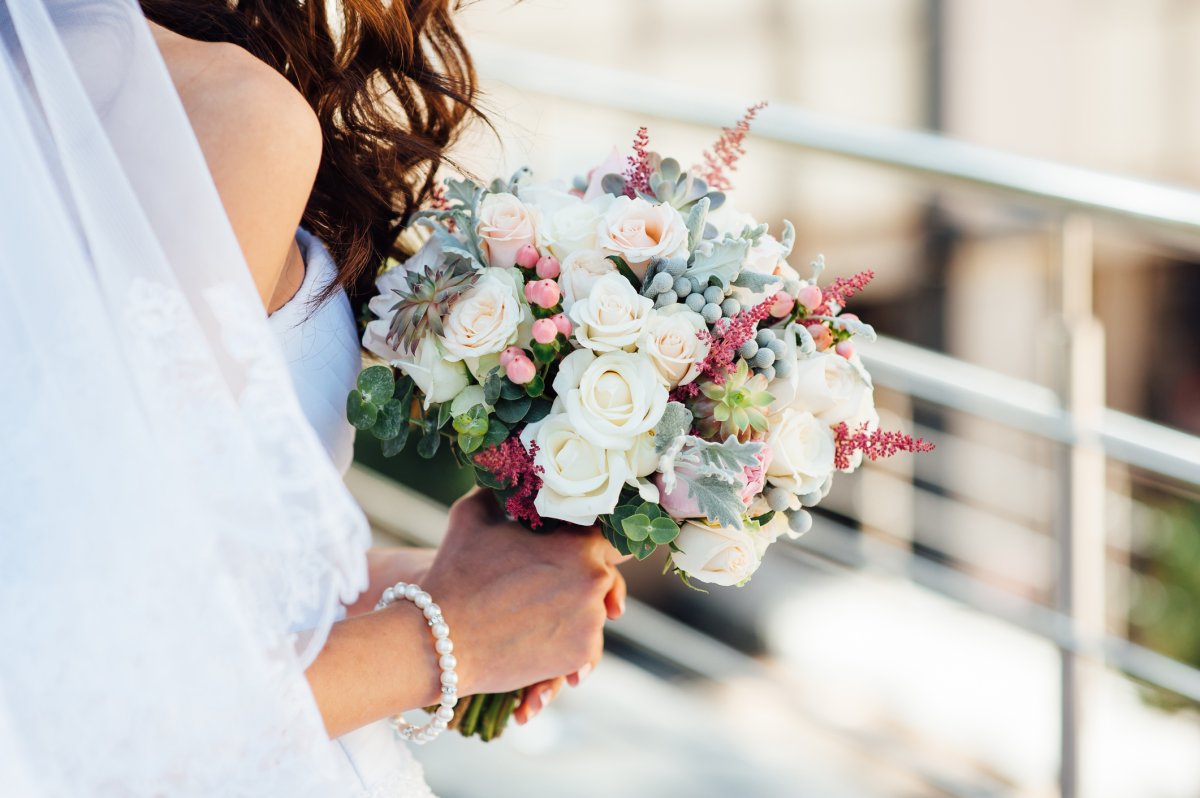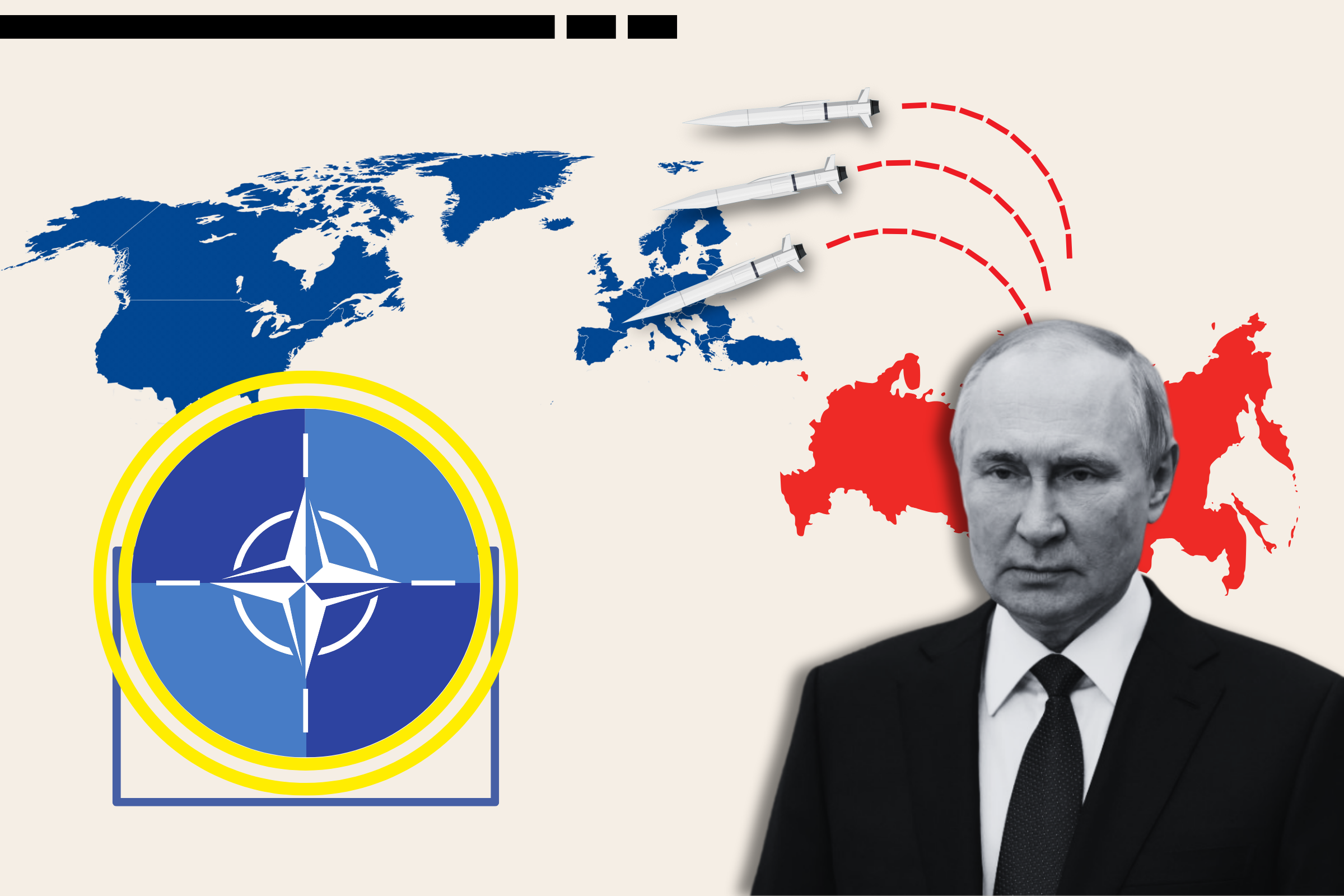I have been a marriage therapist for more than 20 years, and I've worked with hundreds of married couples.
In that time, I have seen marriage change significantly. I can actually pinpoint when I saw the biggest changes emerge; around the time of Great Recession, from 2007 to 2010. Before that many people I was seeing were still trying to conform to the "traditional" marriage model or getting divorced.
When the recession hit, I saw a shift where people who would otherwise get divorced were having to stay together for financial reasons, perhaps living in different rooms. If those couples had children, I would often have to help them transition into what I call a "parenting marriage" where couples learn how to cohabit without the romantic expectation. The other thing that happened quite often was that people had to go where the work was: one partner would end up getting a job in New York and the other would remain in California, and they had to live apart. This is known as the living apart together (LAT) marriage. And from there even more changes to marriage evolved.
Of course, a huge change in marriage is that in June of 2015 a Supreme Court decision ensured that every single state in the U.S. had legalized same sex marriage. Interestingly, I had seen a trend of heterosexuals moving away from "traditional" marriage, but I saw that many of those who hadn't previously been able to marry because of the laws, couldn't wait to get married. And understandably so. There are around 1,100 state and federal benefits for married couples, one of which is health insurance benefits. Same sex couples wanted the same rights and to be able to also take advantage of those benefits.

However, regardless of sexual orientation, I feel that "traditional" marriage doesn't necessarily apply anymore to who we are, and that the concept of marriage has dramatically evolved.
Factor in that we also don't need to marry to have sex, to have children, for status or to have our assets stay in family lines and it is no surprise that marriage has transformed. Although I have observed many changes to marriage in the past 20 years, these three are the ones that stand out to me the most.
1. Marriage is no longer viewed by many as "sacred."
I have definitely seen a shift away from people marrying using the traditional vows and the concept of "'til death do us part" as a model for their marriage. For one thing, religion has less of a pull in the U.S. these days. We are living longer and we have more lifestyle choices than we've ever had.
When I got married in 2004, I had been working with the divorcing population for a while. I had seen many people struggle with having vowed to stay together forever. We didn't want to make that same vow to stay because we didn't know we could promise that—not because we didn't love each other but because life can throw curve balls. I think that increasingly, couples are changing vows and making them more pertinent to their needs as a couple.
I have also observed that many people are not staying in their marriages for the same reasons they used to; out of obligation, guilt or having made a vow. I have had more clients recently who have left marriages of 20 years or more to be with a new partner. One woman I know is leaving her husband in large part because he wasn't supportive to her when she had to undergo some surgeries, and others are ending their marriages because the passion is gone and they want more from life.
I'm seeing older clients who are marrying several times, as well as a lot of younger clients—from their 20s to mid-to-late 30s—who have married young and are realizing early on that the traditional model of marriage is not right for them.
2. Marriage is more flexible than ever before.
Through my work over the past 20 years, I've seen people move away from the, "you made your bed, you have to lie in it" mentality. I think it has given people the freedom to be more honest and authentic.
Interestingly, for many couples I have worked with, changes to their marriages weren't necessarily made out of choice or creative thinking, but out of necessity due to events such as the Great Recession. But that trend toward new ways to be married has continued. In the past 10 to 20 years people have begun to see that marriage can be different and that we have more choice, and I am seeing many people taking advantage of that.
There are many different types of approaches to marriage now, from LAT, to open marriages, "parenting marriages" and what my co-author and I refer to as a "safety marriage." The latter is a more contemporary take on that traditional idea of marrying for financial security, but in my observation, it is an empowered choice by the individual who seeks it out, and involves a mutual understanding with the person they marry.
An example of a "safety marriage" is a woman who was in one of my divorce groups. She was homeless during the recession and had to reside with her parents (something she hated doing as a 30-something-year-old). She went on a dating frenzy and, at one point, I wondered if she might have issues with sex addiction. After dating for only a few months, she got married. I realized she wanted to get married to have financial security. She made it clear to me that her choice was more about money than love, and it was a choice that worked for her and her partner.
Another example of this flexibility is an intern I had working with me once. She explained to me that she was terrified about getting engaged. One day, she realized she could get divorced if the marriage didn't work out—that she had this freedom and didn't have to enter into marriage with a "traditional" mindset. Realizing she had an out, she was able to commit.

3. Marriage is becoming more business-like.
Though there has been a decrease in marriage rates in the past 20 years, something that has increased exponentially is the number of younger couples who are getting prenuptial agreements (prenups) before tying the knot. A recent survey by American Academy of Matrimonial Lawyers showed that 62 percent of lawyers had seen an increase in younger clients asking for prenups. Younger generations have witnessed their parents or others of that generation getting divorced and having to deal with the complicated legalities. As a result, they often have completely different perspectives on what marriage is and should be.
And I'm not just seeing couples with assets getting prenups, I also see couples without any assets who simply want to lay out their own terms of the marriage, as well as what would happen if the relationship doesn't last forever. I see more couples putting post-nuptial agreements (post-nups) in place after they have married, which help them have control over the outcome if they divorce. Through my work, I often see many couples who want to have a "parenting marriage" get a post-nup. Because they are taking away the romantic expectation from their marriage and agreeing to cohabit in order to raise the children together, they are seeing their relationship more like a business.
Laying out agreements ahead of time for splitting finances and parenting responsibilities, can significantly reduce the amount of arguing that might otherwise ensue.
One of the positives of having a prenup or a post-nup is that it makes people have discussions about monogamy, money and childcare expectations. Before these innovations people often made assumptions. I had a young couple who had been married for less than a year but who were already looking at a divorce because they had never had a discussion about having kids. After they got married, the wife, who wanted children, was shocked to learn that her husband didn't. It wasn't that he'd changed his mind or ever led her to believe he wanted kids. They had just never talked about it.
Although there are many ways marriage has changed already, I suspect we are likely to have another tremendous shake up when it comes to the marriage paradigm. Mainly because we are potentially going to see another recession thanks to COVID-19. I feel that if marriage laws don't catch up to where we are as a culture, then marriage is not going to be people's favored choice, despite the many protections and perks it offers.
One practical change I'd like to see is couples having more "divorce-preparedness." Although the divorce rate has dropped in the U.S. recently, it is still around 40 percent, so I encourage everyone to be financially ready. For example, in addition to having an individual retirement account (IRA) we could introduce an individual divorce account (IDA). People should be aware that marriage is a legal contract.
It's not romantic, but I recommend that people focus less on love when considering marriage. There is a place for it, but love isn't necessarily the best reason to get married. Marriage entails being financial partners, social partners and potentially being co-parents. I suggest getting a prenup or at least having those important discussions so you can be on the same page before making a legal commitment.
We're often taught to believe that love is enough. But now, more than ever, I really don't think that's true.
Susan Pease Gadoua, L.C.S.W., is a licensed therapist based in the San Francisco Bay Area with an expertise in marriage and divorce. She is the author of the San Francisco Chronicle best-seller, Contemplating Divorce, A Step-by-Step Guide to Deciding Whether to Stay or Go, The Parenting Marriage Workbook and co-author of The New I Do. She lives in Northern California with her husband, two dogs and an array of goats and chickens.
All views expressed in this piece are the writer's own.
As told to Jenny Haward.
Uncommon Knowledge
Newsweek is committed to challenging conventional wisdom and finding connections in the search for common ground.
Newsweek is committed to challenging conventional wisdom and finding connections in the search for common ground.
About the writer
To read how Newsweek uses AI as a newsroom tool, Click here.








